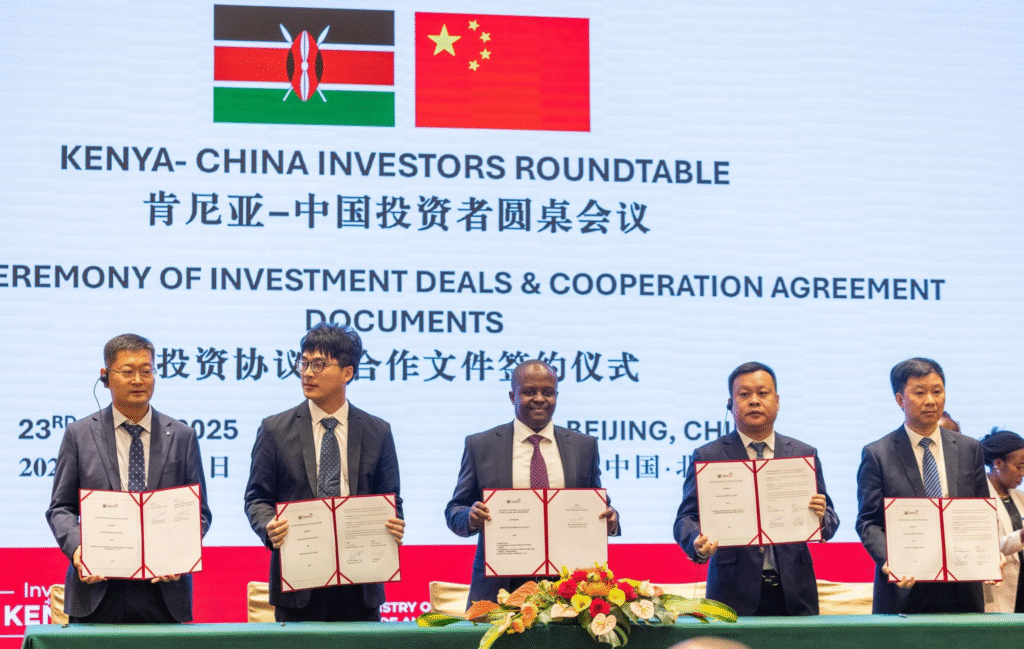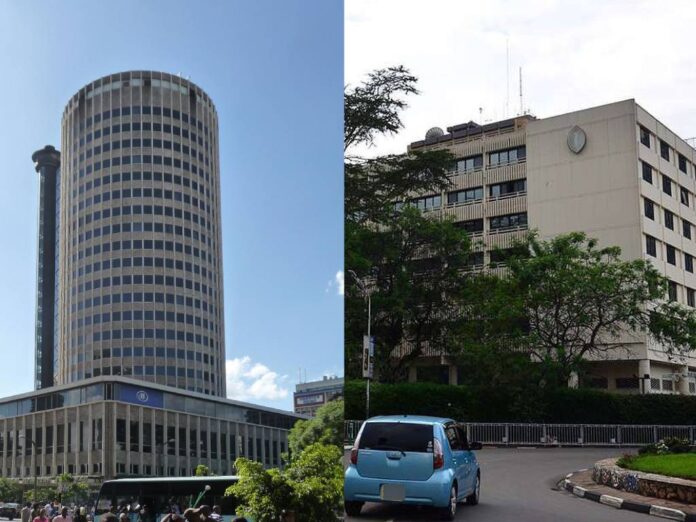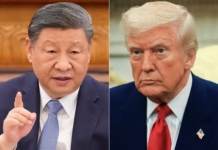President William Ruto has secured a major investment breakthrough during his recent state visit to China, signing deals worth nearly US$1 billion (KES106 billion), including a landmark agreement to revive two of Nairobi’s most iconic hotels — the Hilton and the Intercontinental.
The two properties, once the jewels of Nairobi’s hospitality scene, have remained closed since 2020 and 2022 respectively due to the economic fallout from the Covid-19 pandemic and prolonged financial challenges. Previous government attempts to privatize them through auctions failed to attract qualified bidders, stalling the properties’ return to business.
Now, fresh hope comes through a strategic leasing deal with Chinese investors — the Hunan Conference Exhibition Group and Huatian Hotel Management Company.

The Chinese consortium, which has a global track record of operating Hilton-branded hotels, especially in Europe and Southeast Asia, has pledged to refurbish, renovate, and eventually purchase the two landmark properties.
This marks their first foray into Kenya’s hospitality sector and comes at a crucial time when the government is aggressively seeking foreign direct investment to revive the economy.
“This deal is a game-changer,” said Prime Cabinet Secretary Musalia Mudavadi, who accompanied President Ruto during the China visit. “It signals confidence in Kenya’s tourism and investment potential and will create new job opportunities for our people.”
The refurbished Hilton and Intercontinental hotels are expected to restore Nairobi’s reputation as a premier business and tourism hub in Africa, with modern amenities and international service standards aimed at attracting global travelers.
Beyond the hospitality sector, the broader investment package from China will inject capital into infrastructure, energy, and technology.

Why Hilton and InterContinental abandoned Nairobi CBD Hotels
InterContinental Hotel Nairobi, a once-iconic establishment in the heart of the capital, closed its doors in August 2020, marking a major setback for Nairobi’s hospitality landscape.
Owned by InterContinental Hotels Group (IHG) — a British multinational — the hotel had served as a premier destination for both international dignitaries and local elites for decades.
Its closure was precipitated by prolonged financial distress, exacerbated by the COVID-19 pandemic and declining occupancy rates.
Prior to shutting down, IHG had expressed intentions to terminate its lease agreements and exit operations due to mounting debt, high maintenance costs, and unsustainable business conditions.
The Government of Kenya, which owns a 33.8% stake in the hotel through the Tourism Finance Corporation, had floated privatization plans, but efforts to attract a credible buyer failed, with no bidders meeting the reserve price during the 2024 privatization push.
Hilton Hotel Nairobi, another pillar of luxury hospitality, announced its closure in December 2022, ending 53 years of operation. Though operated under the globally renowned Hilton Worldwide brand, the Nairobi hotel was majority-owned by the government, which held a 40.57% stake through the Development Finance Corporation.
Hilton cited business challenges, including the effects of the pandemic and a shift in customer preferences, as key reasons for the closure.
Despite Hilton retaining global rights to its brand and operations, the physical property was deemed unviable for continued investment, prompting the brand’s withdrawal from the Kenyan capital.
The closure left a visible void in Nairobi’s Central Business District (CBD), further highlighting the need for strategic revival of Kenya’s legacy hotels.



















